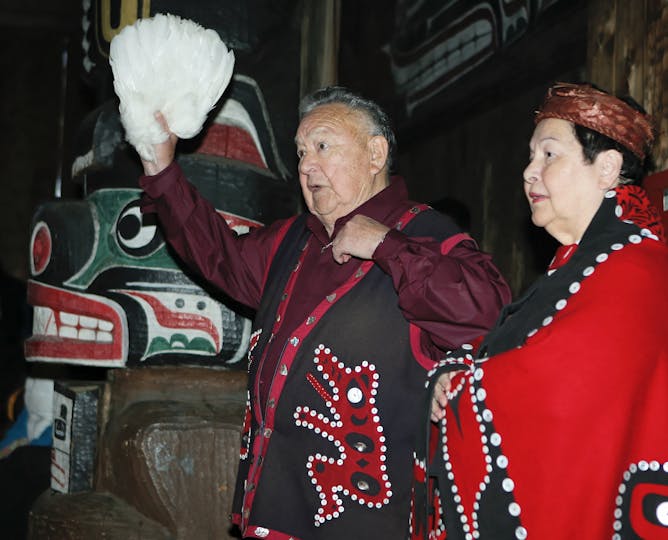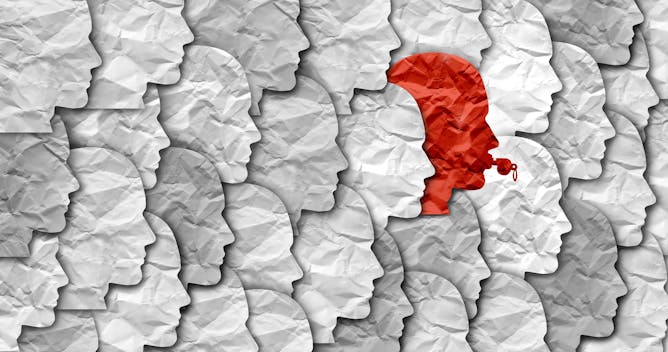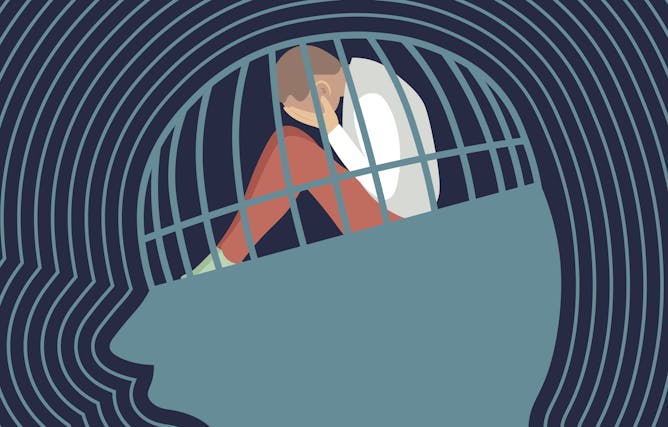|
Musical traditions passed down through generations contain knowledge about ways of interacting with the environment around us—this information has applications in addressing the environmental damage caused by human activities. Researchers have found that approaching Indigenous songs using a conservation perspective may not only preserve language and culture, but also serve as tools for ecological awareness and education.
The work of the Venezuelan media theorist and philosopher Antonio Pasquali, who passed away in October 2019, takes on a new urgency as society is being redefined through environmental, social and political challenges.
As companies seek to reinvent themselves in the face of rapidly changing technologies, a more radical approach to re-training and upgrading workers’ skills is required. Integrating knowledge-sharing with both artificial intelligence and other people is essential to open up conversations and new ways of learning and working. And with these changes, how can businesses measure workplace satisfaction and ensure that employees can still find meaning in their jobs? The research of Université de Sherbrooke’s Elodie Chevallier indicates that this may lie in aligning the values and goals of both the employer and employee.
Regards,
|

The keeper of hundreds of Kwakwaka’wakw songs, Kwaksistalla Wathl’thla (Clan Chief Adam Dick), chanting at a feast (qui’las) with Mayanilh (Dr. Daisy Sewid-Smith).
(Bert Crowfoot)
Dana Lepofsky, Simon Fraser University; Álvaro Fernández-Llamazares, University of Helsinki; Oqwilowgwa Kim Recalma-Clutesi
Ancestral Indigenous songs often encode territorial responsibilities and rights, such as in relationship with 'lokiwey' (coastal clam gardens) on the Pacific Northwest Coast.
|

Latin American communication scholar Antonio Pasquali warned us of many of today’s social challenges.
(Shutterstock)
Isaac Nahon-Serfaty, L’Université d’Ottawa/University of Ottawa
The writings of Venezuelan scholar Antonio Pasquali contain warnings about how we communicate today.
|

It’s critical that learning and development teams are upskilled and reskilled themselves to help organizations successfully engage in a digital transformation.
(Shutterstock)
Nadia Naffi, Université Laval; Ann-Louise Davidson, Concordia University; Houda Jawhar, Concordia University
For a winning digital transformation, every organization should establish the upskilling and reskilling of their learning and development teams as their critical 2020 New Year's resolution.
|

Finding meaning in their work is a new goal for employees, along with well-being and happiness. It’s an objective for companies as well.
Shutterstock
Elodie Chevallier, Université de Sherbrooke
The search for meaning in their work is inevitable for employees seeking job satisfaction. Defining that meaning, however, can mean different things for different people.
|

Modern citizenship in the West increasingly involves a duty to care for ourselves — to eat healthily, exercise enough and even screen ourselves for disease — to minimize our health-care costs to the state.
(Shutterstock)
Shelley Z. Reuter, Concordia University
Are your new diet, exercise, meditation and self-care resolutions for 2020 really a personal choice? Or are you a model western "biocitizen," living a life of unfreedom?
|

L’alcool nuit au processus de formation des souvenirs, ce qui crée de la confusion et de l’incertitude au lendemain de la veille.
Shutterstock
Amy Reichelt, Western University
La « gêne » après une fête est fréquente après la consommation d’alcool. Elle est causée par des changements dans les niveaux de substances chimiques et de neurotransmetteurs dans le cerveau.
|
Culture + Society
|
-
Elizabeth Sawchuk, Stony Brook University (The State University of New York); Jennifer Midori Miller, Max Planck Institute for the Science of Human History
A survey of San ostrich eggshell beads - a common find at archaeological sites - paints a bigger picture of hunter-gatherers, herders and shifting cultural tradition.
-
Lauren Alex O' Hagan, Cardiff University
Pineapple and celery were the precursors of today’s obsession with kale and avocado toast.
|
|
Health + Medicine
|
-
Martina Svensson, Lund University
Cross-country skiers are 50% less likely to develop depression than the general population.
|
|